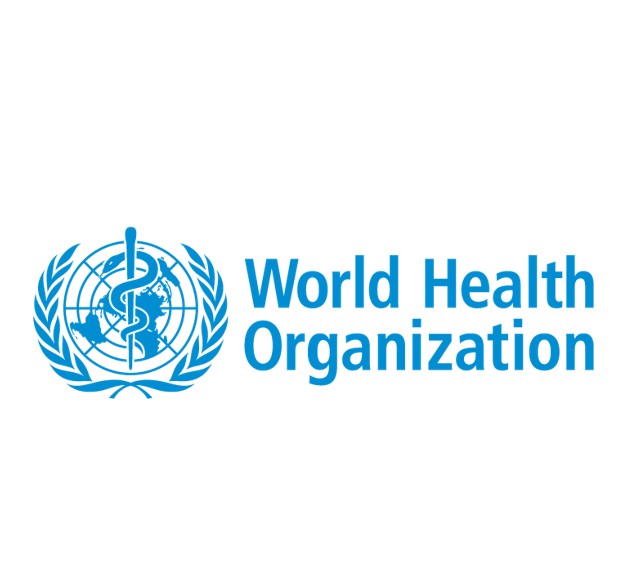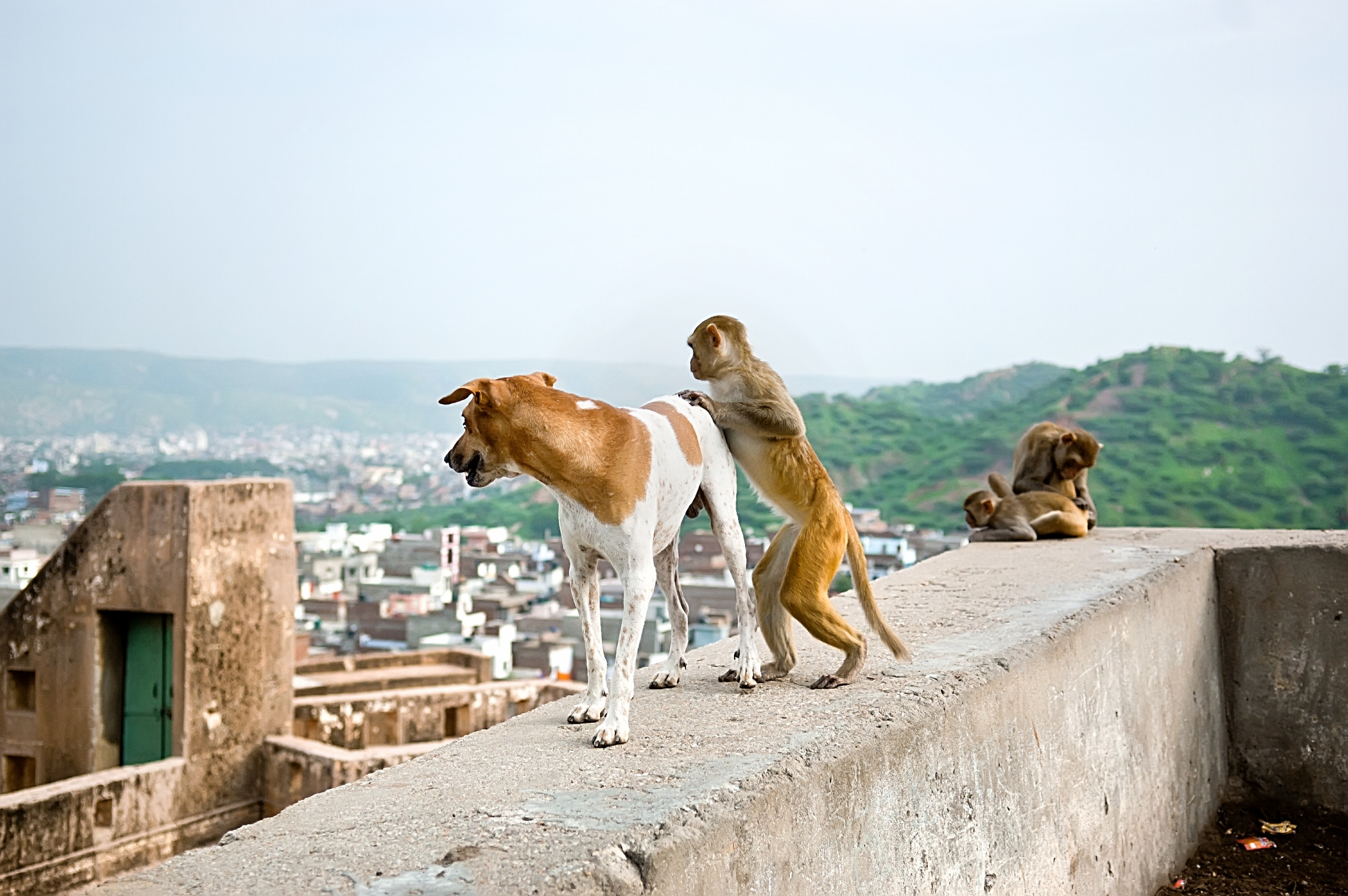
World Organisation for Animal Health – Africa Regional Representative, Dr Karim Tounkara joined the World Health Organisation-led media briefing hosted by the WHO Regional Director for Africa, Dr Matshidiso Moeti. Also present was infectious diseases specialist and Director of Public Health for the Republic of Ghana, Dr Franklin Asiedu-Bekoe. The press conference discussed the heightened risk of zoonotic diseases, like monkeypox, being transmitted between animals and humans and its impact in the region.
During her opening remarks Dr Moeti gave an overview of the situation on the continent, citing the fact that more than 60% of human infectious diseases and more than 75% of emerging infectious diseases, are caused by pathogens shared with wild or domestic animals. These account for a substantial burden of disease, resulting in about one billion sick people and millions of deaths globally every year.
Dr. Karim Tounkara, in his opening remarks emphasised that a multisectoral One Health collaboration is needed, now more than ever.
“According to our World Animal Health Information System (WAHIS), the most reported zoonotic diseases in animals as declared by our 54 Africa Members over the last 4 years are rabies, anthrax, highly pathogenic avian influenza and Rift valley fever. Rabies was the most reported disease, with 44 countries reporting its presence at least once in domestic animals and 26 in wildlife”, he added.
Dr. Karim Tounkara – Regional Representative for Africa – World Organisation for Animal Health.
Dr Matshidiso Moeti, WHO Regional Director for Africa,
Dr Franklin Asiedu Bekoe, Director Public Health, Ghana,
The press,
Distinguished guests,
I am very pleased to convey to you the warm greetings from Dr Monique Eloit, the Director General of the World Organisation for Animal Health (WOAH) founded as Office International des Epizooties (OIE) in 1924.
Thank you for inviting us, and for the opportunity to engage in this important topic.
The mandate of our organisation is to improve animal health globally, thereby ensuring a better future for all. We notably do that by disseminating information on animal diseases and using science-based strategies to limit their potentially negative impact on society. We monitor the emergence and development of animal diseases, whether they affect livestock, aquatic animals or wildlife to address them before they become a threat to public health.
Today it is estimated that 60% of pathogens that cause existing human infectious diseases originate from domestic animals or wildlife: we call them zoonoses; at least 75% of emerging human pathogens are of animal origin.
These figures remind us that diseases ignore borders and species’ barriers.
According to our World Animal Health Information System (WAHIS), the most reported zoonotic diseases in animals as declared by our 54 Africa Members states during the last 4 years are rabies, anthrax, highly pathogenic avian influenza and Rift valley fever. Rabies was the most reported disease, with 44 countries reporting its presence at least once in domestic animals and 26 in wildlife. As you all know, there is a global strategic plan to end human deaths from dog-mediated rabies by 2030.
Emerging and re-emerging diseases at the human-animal-ecosystems interface are occurring with growing frequency in Africa. This is facilitated by various factors such as the changes in land use, higher levels of intensive animal production, the expansion of crop lands and urban sprawl. These factors, combined with others such as climate change, have heightened the encroachment of humans into natural habitats, displacing animals that had previously lived in isolation and reducing biodiversity. These disruptions to natural ecosystems increase the risk of disease spillover between animals and humans.
The occurrence of zoonotic diseases provides evidence that a longstanding and sustainable One Health collaboration is needed – that calls for a holistic and systems approach recognising the interconnection between the health of humans, animals, plants and the environment. That’s why all WOAH supports are provided within the framework of the One Health Global Tripartite agreement initially signed in 2010 between OIE, WHO and FAO and (now Quadripartite with the inclusion of UNEP as an equal partner) and the establishment of the Africa region One Health Tripartite (now Quadripartite) Secretariat in 2019.
WOAH set animal health and welfare standards to improve veterinary public health and secure the international trade of animals and their products. Moreover, it has set up several initiatives to strengthen the capacity of veterinary services including veterinary laboratories, notably through its flagship programme: the Performance of Veterinary Services (PVS) Pathway. We have also developed the Wildlife Health Framework and implemented specific projects aiming at improving the animal diseases surveillance systems such as EBO-SURSY and REDISSE.
WOAH is undertaking Joint capacity building activities with WHO such as the: Joint External Evaluation missions, Joint Risk Assessments, national evaluations of Performance of Veterinary Services and International Health Regulations (PVS-IHR) sysems through National Bridging Workshops (NBW).
WOAH supports the negotiation process for the development of a new international instrument on pandemic prevention, preparedness, and response.
Let’s not forget that animal health is our health, it’s everyone’s health. Together, we can find concrete solutions for a healthier, and more sustainable world.
I thank you.


